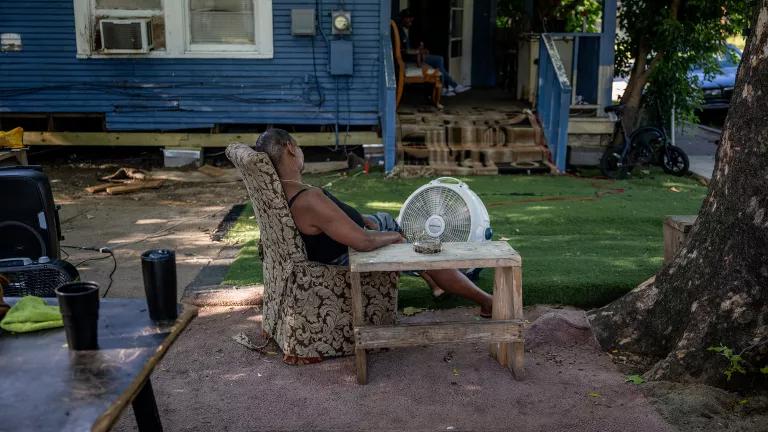New study finds strong connection between lower energy expenses and better mortgage borrowers
A new study from economists at University of North Carolina found very strong evidence that a homeowner with lower energy expenses will be a better mortgage borrower -- lower risk of delinquency, default, and prepayment.
The report is titled "Home Energy Efficiency and Mortgage Risks." Read the executive summary of the report HERE, and download the full report HERE.
The results of this study should not come as a surprise -- it makes perfect sense that a homeowner with lower expenses will be in better position to make loan payments, and it makes sense that homebuyers who buy Energy Star houses are likely better borrowers to start with.
What is a surprise is that lenders and investors have for so long allowed mortgage underwriting to exclude any consideration of utility expenses.
It's useful to ask (and answer) how lenders today could account for a loan applicant's utility expenses in a fairly simple way -- it's actually less complicated than most people suspect.
Consider the method used by the U.S. Veterans Affairs’ mortgage program as a good starting-point model: the underwriter estimates home operating expenses using square footage of the house and a standard expense factor (e.g., 2000 sq. foot house x 14 cents per square foot, for an estimate of $300 per month).
Lenders could improve upon the VA model by obtaining from local utilities a more refined average utility expenses per-square-foot for different home types by city, county or even by zip code -- this would account for climate difference and local rates, which vary substantially.
Second, if the loan applicant is purchasing a house with a reliable energy rating, like Energy Star, the estimate of expected utility expenses could be reduced.
And third, for refinance loans, utilities could deliver actual average bill amount directly to lender systems.
With the results of the UNC study in hand, it is difficult to understand why any lender or investor of mortgage loans (or Fannie Mae, or Freddie Mac, or FHA) would not begin to collect data to better account for homeowner energy expenses.
For regualtors, the message is clear as well. Attempts to measure a loan applicant's ability to pay should account for the utility expenses expected. As we noted in comments to the CFPB (located HERE), mortgage regulators should begin immediately to gather data that will enable analysis.
For additional analysis, consider the good article in Atlantic Cities found here.



